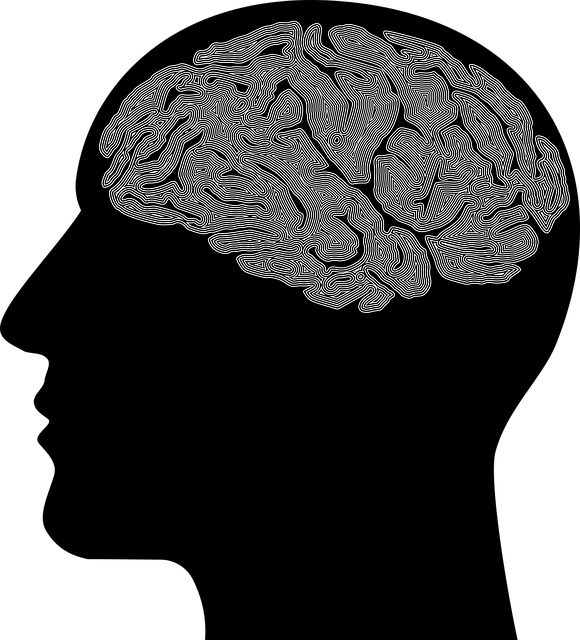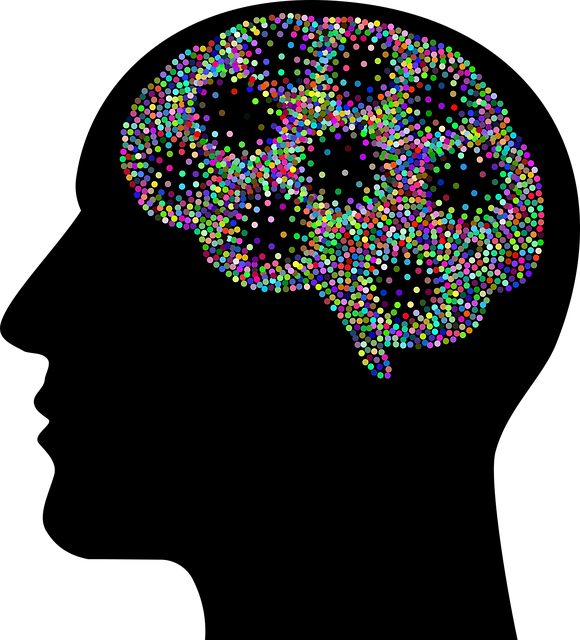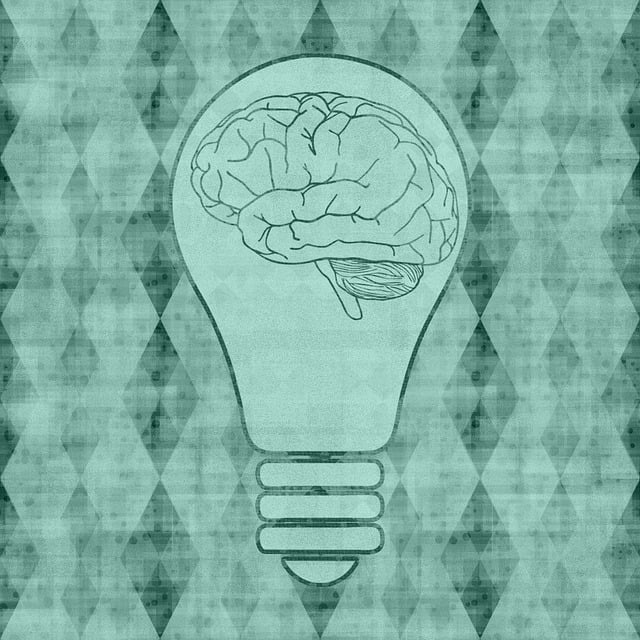In diverse Colorado Springs, mental healthcare providers must embrace cultural sensitivity for effective support. Adapting methods like Cognitive Processing Therapy (CPT) to respect unique emotional perceptions and communication styles enhances well-being. Integrating cultural awareness into therapy, as seen in Colorado Springs CPT (CCPT), creates inclusive environments tailored to clients' backgrounds, fostering trust and improving outcomes. Challenges include language barriers and stereotypes; solutions include translation services, multilingual staff, comprehensive training, tailored Mental Health Education Programs, and Community Outreach Programs. Empathy-building strategies bridge worldviews, encouraging not just coping but thriving among all clients.
Mental healthcare practices are evolving to meet the diverse needs of a globally connected society. Understanding cultural diversity is paramount, especially in therapeutic settings like Colorado Springs Cognitive Processing Therapy (CCPT). This article explores the significance of cultural sensitivity in mental health care, highlighting its role in CCPT and offering strategies for overcoming challenges. We discuss the benefits of culturally competent care and provide insights into how this approach enhances therapeutic outcomes, fostering a more inclusive and effective healthcare system.
- Understanding Cultural Diversity in Mental Healthcare
- The Role of Cultural Sensitivity in Colorado Springs Cognitive Processing Therapy (CCPT)
- Challenges and Strategies for Providing Culturally Competent Care
- Benefits of Culturally Sensitive Mental Healthcare Practice
Understanding Cultural Diversity in Mental Healthcare

In the vibrant and diverse landscape of Colorado Springs, mental healthcare practices must embrace cultural sensitivity to effectively support a wide range of clients. Understanding cultural diversity goes beyond recognizing different ethnic backgrounds; it involves appreciating the unique ways individuals from various cultures perceive and express emotions, as well as their preferred communication styles and coping mechanisms. For instance, Cognitive Processing Therapy (CPT), a proven therapy method in Colorado Springs, may need to be adapted to resonate with clients from diverse cultural backgrounds. CPT, known for its effectiveness in treating trauma and post-traumatic stress disorder (PTSD), can be enhanced by incorporating cultural elements that promote emotional well-being, especially when led by therapists who understand and respect these nuances.
The integration of cultural sensitivity into mental healthcare is not merely a nice-to-have but an essential practice for fostering meaningful connections with clients. This approach ensures that therapy sessions are accessible and beneficial to everyone, regardless of their cultural identity. Moreover, it enables professionals in this field to offer evidence-based techniques like stress management workshops and emotional well-being promotion strategies tailored to meet the specific needs of diverse populations. By doing so, mental health services can become more inclusive, effective, and ultimately, life-changing for individuals navigating the complexities of both their minds and their cultural identities.
The Role of Cultural Sensitivity in Colorado Springs Cognitive Processing Therapy (CCPT)

Cultural sensitivity is a cornerstone of Colorado Springs Cognitive Processing Therapy (CCPT), a therapeutic approach designed to address complex psychological trauma. In a diverse society like Colorado Springs, where individuals from various ethnic, cultural, and socioeconomic backgrounds coexist, it’s imperative that mental healthcare practices embrace cultural sensitivity. This means understanding and appreciating the unique perspectives, beliefs, and experiences that shape each client’s journey towards healing.
CCPT therapists are trained to create a safe, inclusive environment that respects individual cultural identities. By incorporating elements of cultural awareness into therapy sessions, such as incorporating mindfulness meditation techniques or exploring mental wellness coaching programs tailored to specific cultures, therapists can help clients process traumatic memories and develop coping strategies that resonate with their personal and communal values. This holistic approach not only enhances the effectiveness of treatment but also fosters a deeper sense of trust and understanding between therapist and client, ultimately contributing to improved mental wellness outcomes.
Challenges and Strategies for Providing Culturally Competent Care

Providing culturally competent care in mental healthcare is a complex task that requires addressing several challenges. In diverse communities like Colorado Springs, where individuals from various cultural backgrounds seek therapy, understanding and respecting these differences are essential. One significant hurdle is the potential language barrier, which can hinder effective communication between therapists and clients. To overcome this, healthcare providers must offer translation services or employ multilingual staff to ensure everyone receives accessible care.
Additionally, cultural stereotypes and misconceptions about mental health often exist, leading to mistrust among minority groups. Strategies to combat this include comprehensive Healthcare Provider Cultural Competency Training and designing Mental Health Education Programs tailored to specific communities. Implementing Community Outreach Programs can also bridge the gap by fostering trust, promoting understanding, and encouraging individuals from diverse backgrounds to avail themselves of cognitive processing therapy in Colorado Springs.
Benefits of Culturally Sensitive Mental Healthcare Practice

In a diverse society like Colorado Springs, culturally sensitive mental healthcare is more than just a preference—it’s a necessity. By incorporating practices that understand and respect individuals’ unique cultural backgrounds, therapists can create safer, more inclusive spaces for their clients. This approach benefits both parties, fostering deeper connections and enhancing the effectiveness of therapy. For instance, when a client engages in Colorado Springs Cognitive Processing Therapy with an empathetic practitioner, they may be more open to discussing personal experiences, leading to better insights and progress.
This sensitivity goes beyond words; it’s about offering mental wellness journaling exercises and positive thinking guidance tailored to cultural norms. Therapists can use empathy-building strategies to bridge the gap between different worldviews, ensuring that every client feels heard and respected. This inclusive environment encourages clients to not only cope with their mental health challenges but also thrive while embracing their cultural identity.
Cultural sensitivity in mental healthcare is no longer a consideration but a necessity. By embracing diverse perspectives and implementing strategies like those seen in Colorado Springs Cognitive Processing Therapy (CCPT), practitioners can create inclusive environments that foster better patient outcomes. Overcoming challenges through education, self-awareness, and adaptive practices ensures that culturally competent care becomes the norm, benefiting both providers and patients alike. This approach not only enhances therapeutic effectiveness but also promotes equity within the mental healthcare system.














